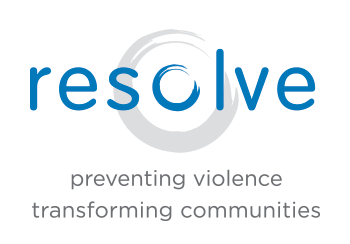It takes less than you might imagine to stop an assault. Stopping an assault is not about “winning” or being stronger than the assailant. Research shows that the majority of assailants are looking for someone who won’t stand up for themselves or someone easily provoked*. Assailants are looking for someone who is easy to dominate and manipulate. It takes very little to demonstrate that I will stand up for myself and that I won’t buy into his manipulations.
This is why simple defense techniques work. By setting a boundary verbally or yelling, most assailants go away. 98% of our graduates report they have used their awareness and/or verbal skills to keep themselves safe. 2% report using a physical skill to stop an assault – and it was usually one or two strikes. Defending ourselves and staying safe has nothing to do with physical size, strength, or fitness. Effective defense requires that we believe we have a right to protect ourselves, the adrenaline management to act in the face of fear, and some knowledge of effective verbal and physical techniques.
National statistics reflect this trend. A study on effective resistance shows that 3 out of 4 attempted rapes are prevented (“Real Knockouts: The Physical Feminism of Women’s Self-Defense”, Martha McCaughey.) Who knew?! What a great statistic! Most rapes are prevented! But in that same study, they found that 13 completed rapes are reported for every 1 prevented rape by news media. And then, when prevented rapes were reported, the headline generally still read “rape”, not “prevented rape.” That gives us the impression that rapes – and assaults in general – can’t be prevented when that is not true at all!
We need to believe it is possible to stop an assault in order to defend ourselves effectively. It doesn’t require great skill or strength if it comes to physical defense, but it does require this belief. We must also have the knowledge that we can keep ourselves safe in order to walk truly confidently down the street – coincidentally, producing the effective body language that deters assailants.
*It bears reminding that the majority of assaults happen by someone that you know rather than a stranger, but I think it is important to address the physical aspect of this concern – we address verbal strategies with people that you know in other articles.
